
How to Blog to Sell Books
Building a blog following can be an effective book selling tool. However, although most authors have blogs, many use them simply to list information about their books. Whilst promotional posts are useful to existing readers, they are unlikely to help draw in new ones. In order to attract a following, you need to post a variety of engaging content. Once you've got readers' attention, you can drop in the odd 'Buy my book' post from time to time, with effective results.
Content Ideas
Here are some examples of the types of posts that have been shown to engage readers:
Discussions About Writing
Should modern vampires have teeth? Should you describe your heroine's nipples? Is £14.99 too high a price for your masterpiece?
Including posts that discuss writing-related dilemmas will get readers and other authors engaging with your blog. Feel free to discuss an issue related to your own work - this blends promotion and extended content in a way that doesn't scream 'Buy my book now or I'll chop yer legs off!'
Interview Book Lovers and Other Authors
If you interview somebody else, then not only are you providing new content for your readers but the interviewee will probably post a link from their blog, Facebook account or Twitter page and many of their fans will pop along to your website for a quick peek. Try and make your interview questions as interesting as possible so that visitors think, 'This interviewer is mighty fascinating, I think I'll take a look around.'
Review Other Books
Reviewing books is an excellent way to entertain your readers and drive traffic to your blog. Reviewing other indie books can be a great networking activity, particularly in light of Amazon's recent behaviour concerning author reviews. Also, reviewing books that will appeal to readers of your own books, such as those in the same genre, will drive relevant traffic to your blog.
Run Competitions and Offers
Quizzes and raffles appeal to both readers' competitive natures and their desire to acquire free/cheap stuff. These can be nifty ways to promote your book whilst making the reader think that he or she is getting the better end of the deal.
Post About Your Hobbies
When it comes to selling books, branding is important. Readers will buy books by authors they can relate to. Don't fill your blog with dozens of details of your pet parrot's daily eating habits, but one or two sneaky photos will help readers build up a picture of who you are.
Multimedia Content
Your followers have all read the blurb for your next book, but have they seen the trailer? Finding new ways to present content will give your blog a fresh feel.
Ask Questions
Authors often find themselves with little dilemmas. If you ask questions on your blog then you will attract many more comments than if you simply deliver information. Once readers start engaging with your content, they will return time after time to check for further comments. Questions can be anything from 'Which title do you prefer for my new book?' to 'Should I divorce my hubby/proofreader for missing a typo?'
Blog About Other Blogs
If you read an interesting article on another blog then write a post about your take on the subject, including a link to the original post. This helps you pick topics that are currently popular and will encourage interaction from the original blogger and his or her readers. He or she may notice increased traffic coming from your site and pay you a visit to find out more.
Genuine News
Had a baby? Got married? Been jailed for life? These are the kind of things that tell readers that you're a real person with a real life. They also (hopefully) provide interesting material.
Getting Noticed
You can write the most colourful and fascinating blog content in the world, but it's no use if nobody visits your blog. In this day and age, it is very difficult to attract blog readers because people are used to using social networks where all their information is delivered to them on one handy screen rather than having to check separate pages. However, there are many advantages to having your own website. Here are some tips for getting noticed.
Post Links to Your Articles on Social Networks
Every time you blog, put a link from Facebook and Twitter. It is best to have a dedicated Facebook page for your writing rather than using your personal profile. This means that fans can follow whether you have a personal relationship or not.
If you are a member of writers' forums then check to see if they have a thread for blog posts and add a link to your most recent offering. Always be careful to check a forum's TOCs before posting as inappropriate self-promotion can get you into a world of trouble.
Educate Your Readers About RSS Feeds
Your RSS feed is a version of your blog's recent posts that can be read in a feed reader. People who follow a variety of blogs can get themselves a feed reader and add the feeds of all the blogs that interest them. They can then check their reader for new posts without having to visit each blog individually. Few people know about feed readers so a post explaining the benefits may encourage people to engage more actively with blogs.
Submit Your Feed to Indie Book Blogs
Readers who don't wish to set up their own feed readers can visit www.indie-book-bargains.co.uk/blogs/, which provides a list of the most recent blog posts from a variety of indie book bloggers. This site favours bloggers who create a variety of rich content.
Put Your Blog URL in Your Email Signature
Most email providers allow you to set up a signature, which is essentially a footer that is applied to all outgoing mail. Putting a link to your website here will inform your contacts that you keep a blog, without being too pushy. Many forums also allow signatures.
+2 comments
Best practicsl picks on this theme that have seen. It's not always possible to do everything but this is a good guide. I used to think that all one needed to do was write the books. But these are rather different times. Thank you Rosen.


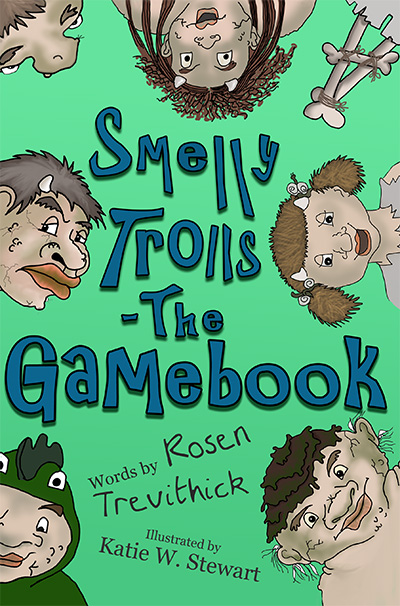

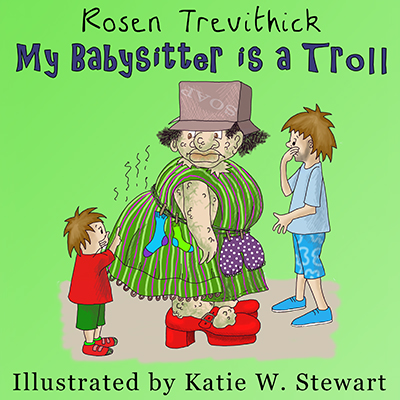
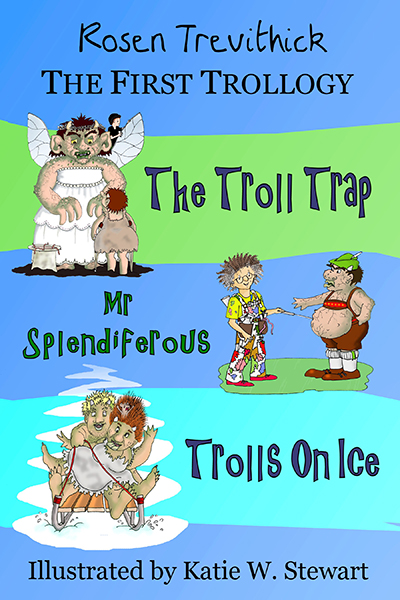

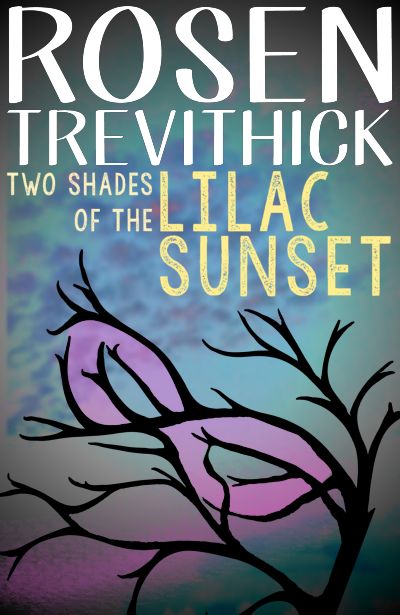
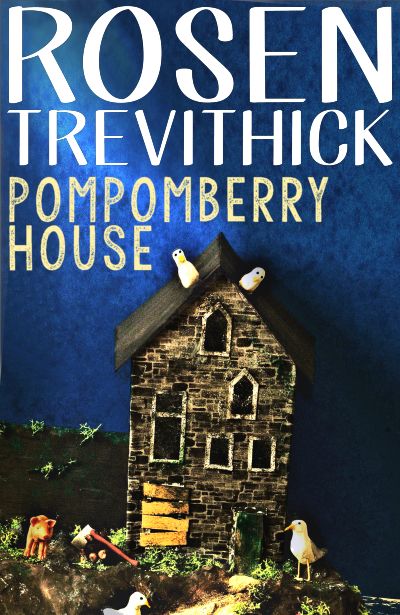




Great suggestions, Rosen. It's always good to be reminded, especially when some writers (never me, of course) get lazy.